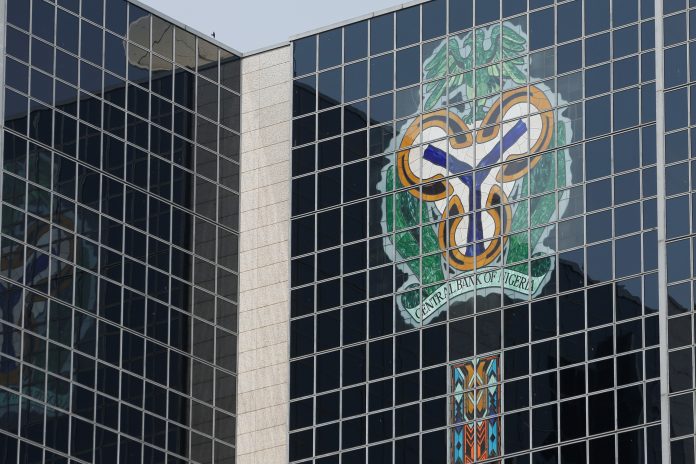The wife of the Senate President, Mrs. Unoma Godswill Akpabio, has taken legal action against Kogi Central Senator, Natasha Akpoti-Uduaghan, over allegations of sexual harassment levelled against her husband. Mrs. Akpabio filed two lawsuits at the Federal Capital Territory (FCT) High Court, accusing Natasha of defamation and violation of fundamental rights. She is demanding N250 billion in damages, insisting that the claims made by the senator are baseless and damaging.
The controversy began when Natasha Akpoti-Uduaghan accused Senate President Godswill Akpabio of attempting to make sexual advances towards her and later victimising her in the Senate when she refused. She claimed that these incidents happened in the presence of her husband, further alleging that Akpabio’s actions were deliberate attempts to suppress her voice in the legislative chamber. In response, Mrs. Akpabio strongly denied the accusations, labelling them as false and driven by personal interests.
In her lawsuit (Suit No: CV/814/25), Mrs. Akpabio argues that Natasha’s statements, made on the Senate floor and later on Arise News TV, amount to a violation of her fundamental rights. She is seeking a court declaration that the claims are unlawful, as well as an injunction preventing Natasha from making further statements that could cause emotional and psychological harm to her and her children. Additionally, she is demanding N250 billion as compensation for the distress caused.
In a separate defamation case (Suit No: CV/816/25), Mrs. Akpabio contends that Natasha’s allegations have tarnished her family’s reputation. She is asking the court to compel Natasha to issue a public retraction and apology in two national newspapers, The Guardian and This Day. Furthermore, she is demanding an additional N1 billion in damages and a perpetual injunction preventing any further defamatory statements against her family. The legal battle between the two prominent politicians is set to unfold in the courts, drawing national attention to the allegations and their broader implications.










